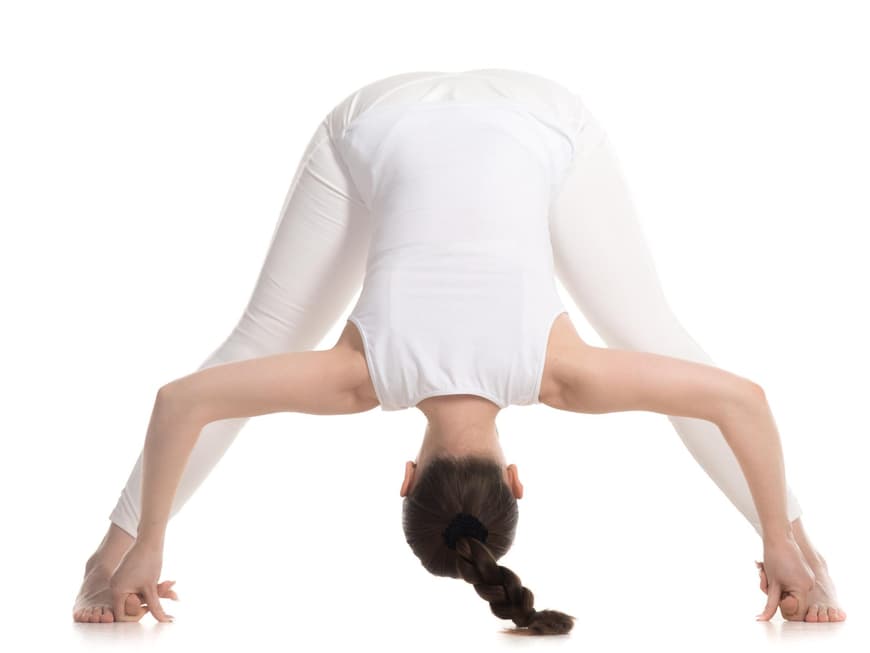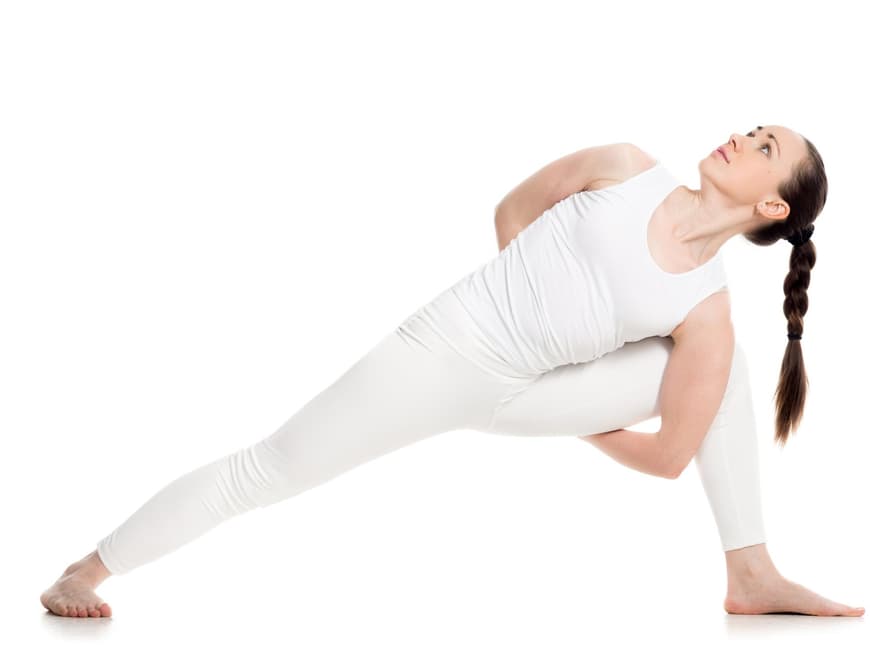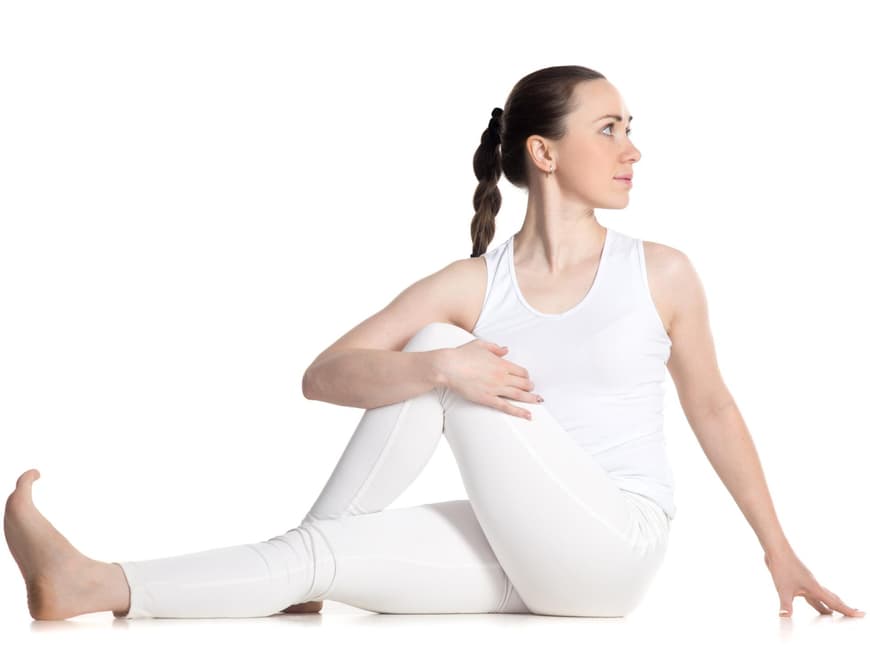Yoga beginners should definitely attend a course. Experts advise against teaching yourself the exercises at home with the help of a book or DVD, as you could injure yourself. The equipment is very simple: comfortable clothes, a yoga mat and a cushion.
Does yoga have anything to do with esotericism?
No. Although yoga classes are for body and soul, in this country the focus is mostly on physical exercises and breathing training. These are the main forms offered and practiced: Hatha yoga (physical exercises), Ashtanga yoga (this includes power yoga), Bikram yoga (practiced at 35 to 40 degrees) and Kundalini yoga (stretching and breathing exercises).
What if I'm not flexible?
This is precisely when you should start yoga, because the exercises make you flexible. It takes some time - but after a while your flexibility will improve significantly.
Yoga for beginners: Is there a risk of injury?
There is only a risk of injury if you approach yoga too ambitiously as a beginner and don't pay attention to your body's limits. Unlike other sports, yoga is not performance-oriented. But it does help with neck pain and tension headaches, mild osteoarthritis, back problems and asthma, among other things.
Can I start at any age?
Yes, it is particularly suitable for older people. You become more flexible and build up muscles in your legs and spine.
Does yoga make you lose weight faster?
Yes and no. The exercises (asanas) alone do not make you lose weight. However, studies have shown that overweight people gradually become slimmer. The reason: yoga generally improves body awareness, you become more mindful of yourself, move more and eat more consciously and healthily.









